Losing Oneself in Translation
Perderse en la traducción
Tanya Huntington
My English-speaking version has one biography. My Hispanic self has another. Sometimes they coincide, and sometimes they diverge in an existence we find more braided than blended together: something along the lines of a quantum vital experience that encompasses different realities. The Hispanic studied Latin American literature. The Anglo studied theater. The Hispanic writes essays, literary criticism, short stories that are frankly flawed, and scripts for radio and television. She teaches classes and workshops, she gives readings and presentations. The Anglo, who interferes less and less as the years go by here in Mexico, hunkers down at home to write poetry and spends the afternoons speaking English to her sons. Sometimes, she takes over the magazine column. They collaborate on translations in order to pay the bills. Both of them possess the restless soul of the immigrant.
In reality, my Anglo identity has never been hegemonic. When I was born, my father worked as a high school teacher on a reservation of the Lakota nation called Eagle Butte, thus peeling away the label of “cowboy” handed down via the family tree. A few years later, my parents participated in the great wave of immigration that departed during the second half of the 20th century from rural areas to join the urban sprawl. As a first-generation city slicker, it fell to me to suffer the slings and arrows of all the cliques that had already secured a foothold within my new surroundings. According to them, I didn’t amount to anything more than a measly social climber from the provinces. Hence, it also fell to me to befriend other recent immigrants who hailed from more distant places: Egypt, Cambodia, El Salvador, Nigeria, etcetera.
My Hispanic identity, that Other who lives inside me and wrote the original version of this text, was also born on the reservation where my father taught Spanish, among other subjects (he also coached wrestling). My earliest memories of the language I now speak every day come from a textbook he used curiously entitled Hasta la vista, in which the fictitious and folkloric Pepe and Lupe sustained dialogues spattered with topsy-turvy punctuation that split the second person between tú and Usted. Like any child, my main interest in Spanish consisted first and foremost of being able to compose certain insults ex professo in order to apply them against the bullying hordes at school without their knowledge: my favorite was “cabeza de cochino“, dealt from behind the mask of a smile.
Not long ago, my father told me that at some point during our years on the reservation, he tried to raise enough money to take his Sioux students on a school trip to visit the great Tenochtitlán. He didn’t succeed, but he did take advantage of the occasion to show them postcards of the fabulous mural-bearing architecture on the National Autonomous University campus. He also taught them that they would be able to retain the indigenous names of the two volcanoes that reign over the Valley of Mexico more easily if they were re-baptized in their minds as Purple Caterpillar and Extra Sea Water. My father never imagined at the time that two decades later, his Anglo daughter and his Hispanic daughter would settle down there together, under the shadow of those two volcanoes, where the Anglo cooks without chili, does the math, and paints the canvases. She practices swimming and plays croquet. She enjoys watching baseball. She gets sick sometimes. The Hispanic greets people with a kiss, takes charge of body language and verbal communications with her beloved husband (who doesn’t speak English), drives like a chilanga native of Mexico City, and recklessly throws herself headlong into any challenge. She enjoys excellent health. She still swears like a sailor. She drinks tequila and lives without fear.
• Text composed for the Transmedia Borders project of the British Council
Mi versión angloparlante tiene una biografía. Mi yo hispano tiene otra. A veces coinciden y otras divergen en una existencia que se me antoja más trenzada que fundida: algo así como una experiencia vital cuántica que abarca distintas realidades. La hispana estudió letras latinoamericanas. La anglo estudió teatro. La hispana escribe ensayos, crítica literaria, cuentos bastante malogrados y guiones de radio y de televisión. Imparte clases y talleres, da lecturas y presentaciones. La anglo, con cada vez menos injerencia conforme pasan los años aquí en México, se atrinchera en casa para escribir poesía y pasar las tardes hablando con sus hijos en inglés. A veces se encarga de la columna para la revista. Las dos colaboran para traducir con tal de pagar las cuentas. Las dos poseen el alma inquieta del inmigrante.
En realidad, mi identidad anglo nunca ha sido hegemónica. Cuando nací mi padre trabajaba como maestro de preparatoria en una reserva de la nación Lakota llamada Eagle Butte, con lo cual la etiqueta de “vaquera” que me correspondía por genealogía familiar fue extirpada. Unos años después, mis padres participaron en la gran ola de inmigración de la segunda mitad del siglo XX que partió de áreas rurales hacia las manchas urbanas. Como urbanita de primera generación, correspondía que yo sufriera las vejaciones de todos los grupos sociales ya consolidados dentro de mi nuevo entorno. Según ellos, no pasaba de ser una provinciana advenediza. Por lo mismo, también correspondía que me hiciera amiga de otros inmigrantes recientes que venían de lugares más lejanos: Egipto, Camboya, El Salvador, Nigeria, etcétera.
Mi identidad hispana, esa otra que vive dentro de mí y que ahora escribe estas palabras, también nació en aquella reserva, donde mi padre enseñaba español entre otras materias (que incluían la lucha grecorromana). Mis recuerdos más tempranos del español provienen del libro de texto que empleaba, curiosamente titulado Hasta la vista, en el cual los ficticios y folclóricos Pepe y Lupe sostenían diálogos salpicados con signos de puntuación que andaban de cabeza y partían la segunda persona entre tú y Usted. Como cualquier niño, mi interés principal en el español consistía antes que nada en poder armar algunos insultos ex profeso para poder aplicarlos contra esa legión de compañeros abusivos sin que se enteraran: mi preferido era “cabeza de cochino”, propiciado a través de la máscara de una sonrisa.
Hace poco, mi padre me contó que en algún momento durante aquellos años en la reserva intentó recaudar dinero suficiente para llevar a sus estudiantes sioux en un viaje escolar para que conocieran la gran Tenochtitlán. No lo logró, pero sí aprovechó la ocasión para mostrarles tarjetas postales de la fabulosa arquitectura portadora de murales de la Ciudad Universitaria de la UNAM. También les enseñó que podían recordar más fácilmente los nombres indígenas de los dos volcanes que reinan sobre el Valle de México si los rebautizaban como Purple Caterpillar y Extra Sea Water. Mi padre nunca se imaginó que dos décadas después, su hija anglo y su hija hispana se asentarían allí, bajo la sombra de esos volcanes, donde la anglo cocina sin chile, hace sumas y restas, pinta cuadros. Practica natación y juega croquet. Le gusta el beis. Se enferma a veces. La hispana saluda de beso, se encarga de las comunicaciones corpóreas y verbales con su adorado esposo (quien no habla inglés,) maneja como chilanga y se lanza a cualquier desafío de manera temeraria. Goza de excelente salud. Sigue hablando como marinera. Toma tequila y vive sin miedo.
• Texto elaborado para el proyecto Transmedia Borders del British Council
 Tanya Huntington is the author of Martín Luis Guzmán: Entre el águila y la serpiente, A Dozen Sonnets for Different Lovers, and Return. She is Managing Editor of Literal. Her Twitter is @Tanya Huntington
Tanya Huntington is the author of Martín Luis Guzmán: Entre el águila y la serpiente, A Dozen Sonnets for Different Lovers, and Return. She is Managing Editor of Literal. Her Twitter is @Tanya Huntington
©Literal Publishing. Queda prohibida la reproducción total o parcial de esta publicación. Toda forma de utilización no autorizada será perseguida con lo establecido en la ley federal del derecho de autor.


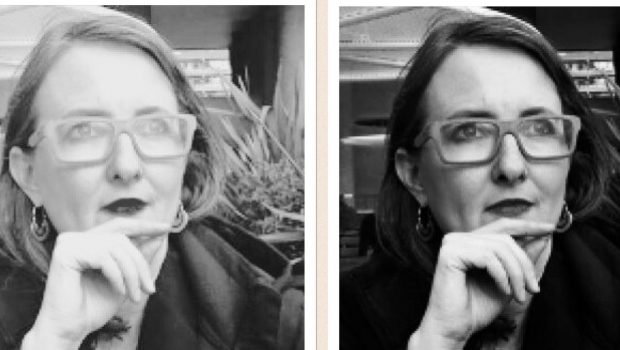

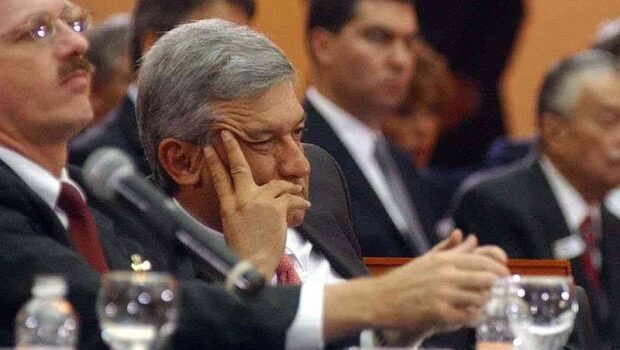
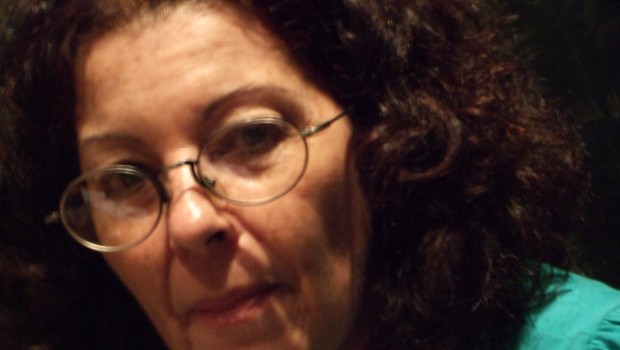


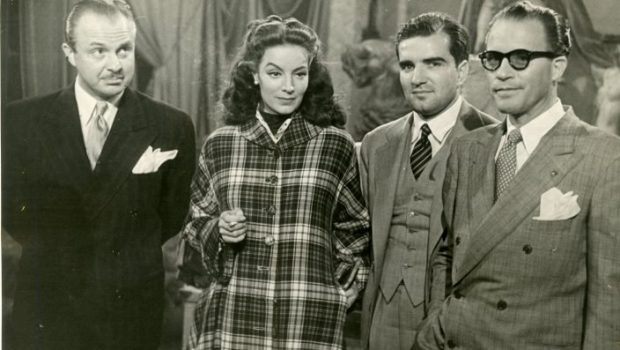
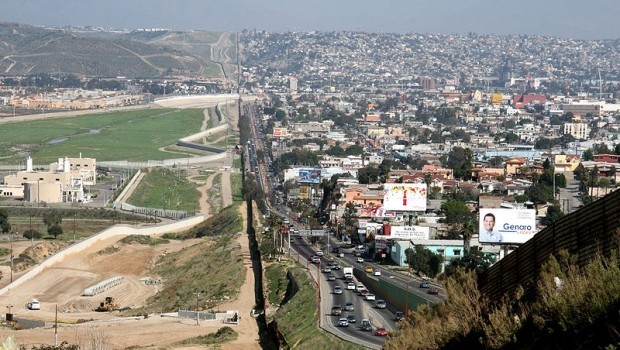
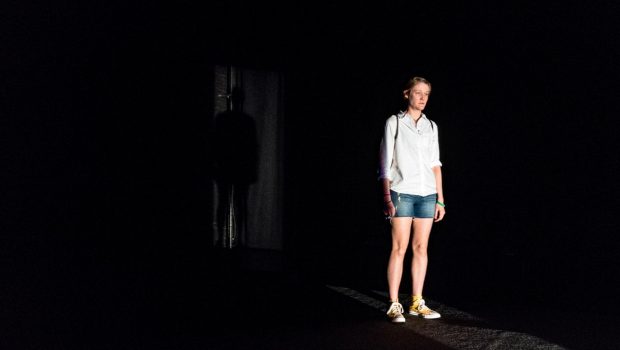
This is a message for Tanya Huntington. My name is Matt Solo and I am a literary manager in Los Angeles. I have unsuccessfully been trying to track down a copy of your translation of Bernardo Esquinca’s work, and I am wondering if you can help. Thanks.
Hello, Matthew – I am very sorry to say that for some reason, this message was lost in the infinite fabric of the Internet until today, when I happened upon it by chance. If I can still be of any assistance, please contact me at tanya.huntington@gmail.com